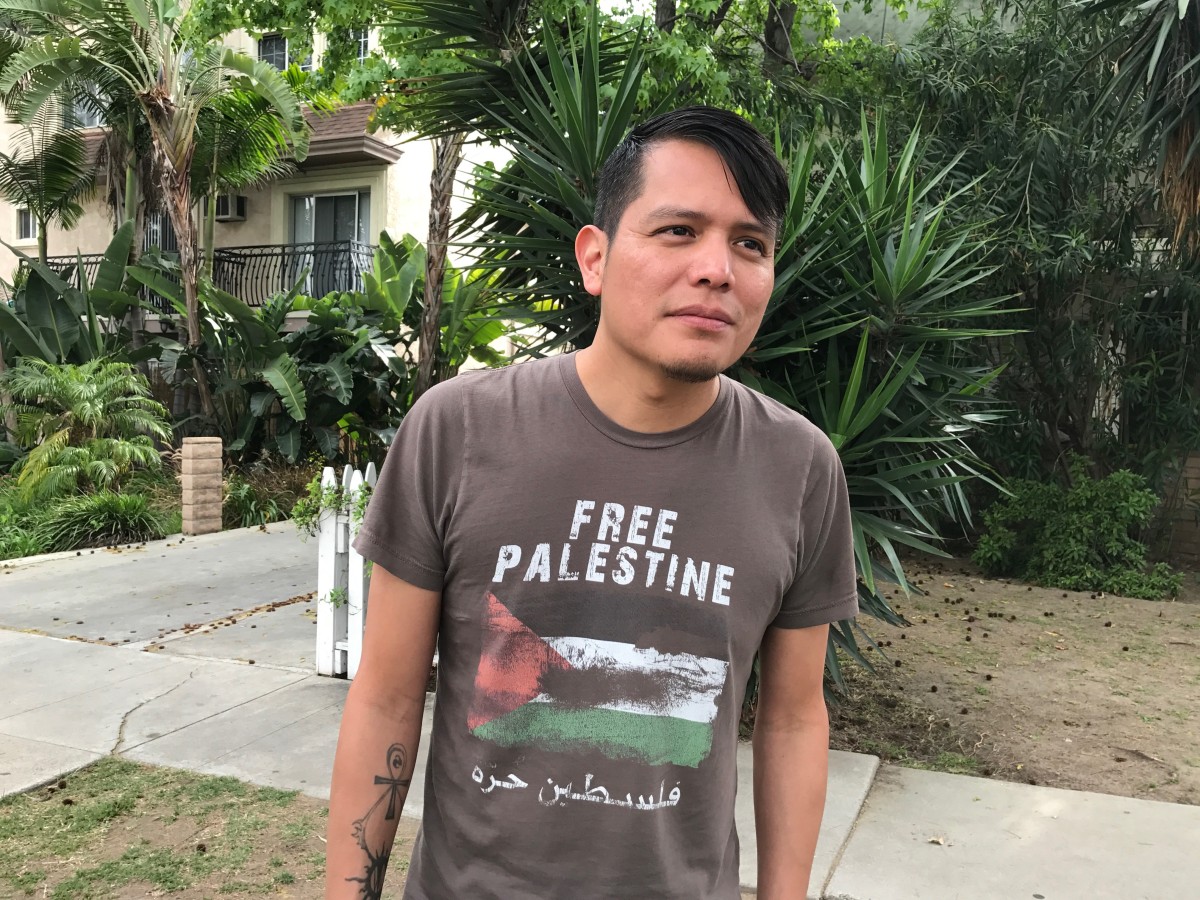Ats'íísts'in (lo scheletro)
BY ORLANDO WHITE
Below the skull there is a part of a letter
shaped like a bone. But the skull is not a skull;
it is a black dot with white teeth. And the piece
of the letter under it is not really a bone,
rather a dark spine. This is not the end of language.
When it was alive it had a ribcage;
each rib taken out by small pincers
the way strands of eyelash are removed
from eyelids. And the dot used to have eyes—
white like two grains of salt. But they were dissolved
by two drops of ink. The way a letter fades
on the page after many years of reading
or how it soaks into a fingerprint and forgets itself.
The way a word tries to breathe inside
a closed book; the way a letter shivers when
a page is turned. Because underneath sound
there is thought. Language, a complete structure
within the white coffin of paper. If you shake it
and listen, it will move, rattle like bones on the page.
Sotto al cranio c'è una parte di lettera
a forma d'osso. Ma il cranio non è un cranio;
è un punto nero con un
dente bianco. E la parte
di lettera sotto non è un vero osso,
piuttosto una spina scura. Questa non è la fine del
linguaggio
Quando era vivo aveva una gabbia toracica:
ogni costola tolta da piccole pinze
nel modo in cui si tolgono le ciglia
dal sopracciglio. Ed il punto aveva gli occhi
bianchi come due grani di sale. Ma furono
sciolti
da due gocce di inchiostro. Il modo in cui una lettera
svanisce dalla pagina dopo molti anni di letture
o come si impregna in una impronta digitale e dimentica
se stessa.
Il modo in cui una parola prova a respirare in
un libro chiuso: il modo in cui una lettera trema
quando una pagina viene girata. Perché sotto il suono
c'è il pensiero. Il linguaggio, una struttura completa
dentro la bara di carta bianca. Se lo agiti
e ascolti, si muoverà, vibrerà come ossa sulla pagina.









